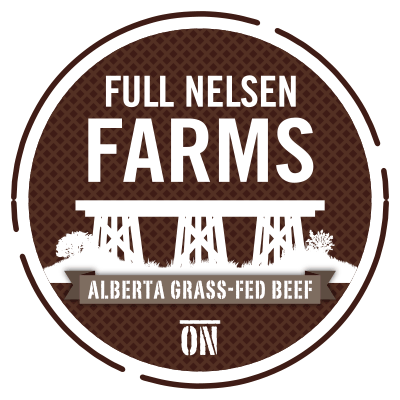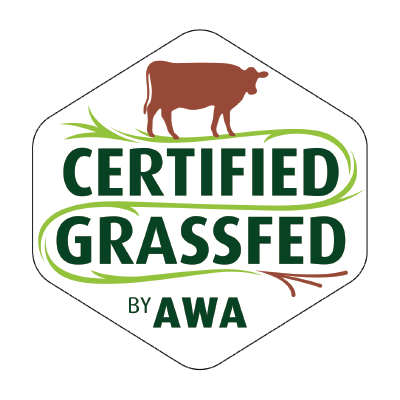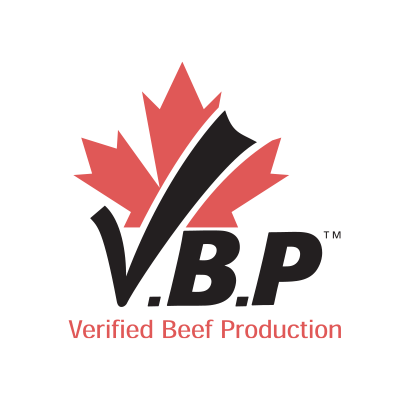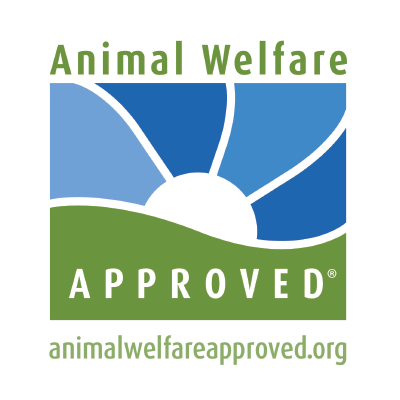Stewardship
Taking care of the land and the animals is a priority for Full Nelsen Farms.
Having the cattle on a year-round pasture-based management is an excellent model to improve the overall ecological health of the land, including the soil, water quality, and biodiversity.
Environmental Farm Plan (EFP)
Is a tool that we have used to assess our environmental stewardship and address environmental risks that are inherent with the land. We first completed our EFP in 2007 and it has allowed us to plan and implement several projects that have specifically addressed improving water quality, protecting wetlands, riparian fencing, uniform manure distribution, and improved grazing practices.
Verified Beef Production Program (VBP)
The VBP includes a set of Standard Operating Procedures that we follow for animal health management, cattle shipping, and effective records for documenting food safety management practices. The standards of this program are based on principles of the Hazard Analysis Critical Control Points (HACCP). Our farm has been a registered Verified Beef Production program since 2008.
Riparian Health Assessment of Waskwei Creek
Keeping cattle out of riparian areas with permanent electric fencing along the 1.5 miles of the Waskwei Creek has been achieved since 2007. Documenting these areas has been important for tracking the health of these areas. We have been fortunate to be able to work with Cows and Fish to help us with this endeavor. Other wetlands and sloughs have also been fenced off so cattle cannot wade in this water.
Clean Water Pumped for Cattle
Cattle are provided clean water that is pumped from wells and dugouts, depending on the location. To do this we pump the water into troughs with a solar powered water pump where there is no access to power. Pastures close to our main yard also have a pasture pipeline providing water directly from the well.
Rotational Grazing
With the use of permanent and temporary electric fencing we are able to graze pastures more effectively and allow them rest so they have time to re-grow. Our pastures include mostly tame species but also some native grass species.
Low Stress Livestock Handling
Convincing cattle to go where you want them to isn’t as easy as it may seem at times. Through techniques learned from Dylan Biggs we have been able to adjust our body position and movement to allow the cattle to move more easily.
Animal Welfare Approved (AWA) and Animal Welfare Approved Grassfed
AWA audits our farm on an annual basis to ensure we are meeting the standards, policies and procedures. This means that our animals are able to access pasture, that cattle do not receive hormone implants or genetically modified feeds, and are fed a forage ration, calves are castrated within 7 days of birth and antibiotics are used when necessary to treat sick animals rather than for disease prevention or growth promotion. Animals that are treated with antibiotics are not sold as part of our beef program.










